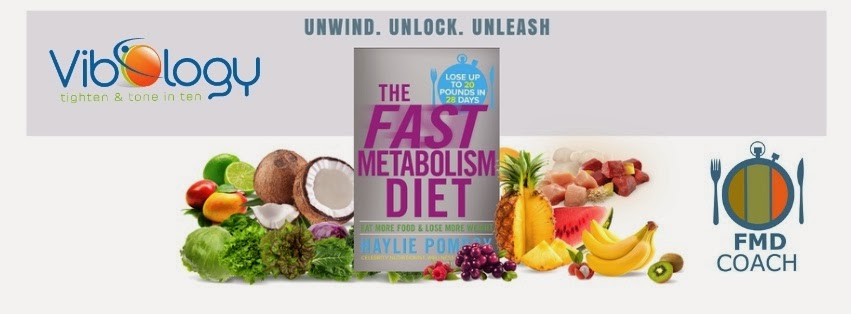By Dr. Mercola
With all the dire health effects associated with refined sugar and high fructose corn syrup (HFCS), many wonder what, if anything, is actually safe to use to sweeten your foods and beverages.It’s certainly a good question. You do have to be cautious when choosing an alternative, as many sweeteners that are widely regarded as "healthy" are, in reality, anything but. A previous National Geographic article1 set out to compare eight different sugar substitutes, which fall into four general categories:
- Artificial sweeteners
- Sugar alcohols
- Natural sweeteners
- Dietary supplements
Sadly lacking from their review are any notations about adverse health effects of many of the sugar substitutes tested.Despite copious scientific evidence of harm, artificial sweeteners, for example, are promoted in the featured article, and by “experts” in general, as safe because they “pass through your body undigested.” Needless to say, safety concerns will be front and center in this article.
The Case Against Artificial Sweeteners
Sweetener lesson 101: Avoid artificial sweeteners like the plague. While the mechanisms of harm may differ, they’re all harmful in one way or another. This includes aspartame (NutraSweet, Equal), sucralose (Splenda), saccharin(Sweet'N Low), acesulfame potassium, neotame, and others.Twenty years ago I wasn’t sure, but now there's little doubt in my mind that artificial sweeteners can be far worse for you than sugar and fructose, and there is plenty of scientific evidence to back up that conclusion. In fact, there’s enough evidence showing the dangers of consuming artificial sweeteners to fill an entire book -- which is exactly why I wrote Sweet Deception.Aspartame is perhaps the most dangerous of the bunch. At least it’s one of the most widely used and has the most reports of adverse effects. There are also hundreds of scientific studies demonstrating its harmful effects.This is why it’s so frustrating to see big companies like Coca-Cola Company purposely deceive you on this issue, which is exactly what they’re currently doing with their “public service” announcement-type ads, in which they “affirm” aspartame’s safety and benefits.Center for Science in the Public Interest’s (CSPI) Executive Director Michael F. Jacobson issued the following statement in response to Coca-Cola’s new ad:2“Aspartame has been found to cause cancer3—leukemia, lymphoma, and other tumors—in laboratory animals, and it shouldn’t be in the food supply. We certainly want Coca-Cola to shift its product mix toward lower- and no-calorie drinks, but aspartame’s reputation isn’t worth rehabilitating with this propaganda campaign.The company would be better off phasing out its use of aspartame and accelerating its research into safer, natural sweeteners such as those extracted from the stevia plant.”
Don’t Fall for Coca-Cola’s Deceptive “Public Announcement” Ads
continue to The Case Against Artificial Sweeteners | Sugar Substitutes

No comments:
Post a Comment